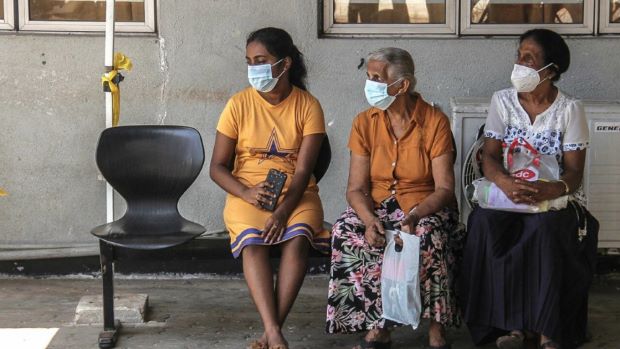Sri Lanka lines up funds for drugs, but facing procurement delays says minister
COLOMBO – Sri Lanka has lined up finances to import required drugs for the state hospitals for the next 12 months or more, but procurement delays are creating shortfalls of some drugs from time to time, Health Minister Keheliya Rambukwelle said.
US$ 200 million has been allocated for pharmaceutical drugs under an Indian credit line, in addition to US$ 100 million granted by the Asian Infrastructure Investment Bank, US$ 63 million from the Asian Development Bank, US$ 40 million from the World Bank and US$ 38 million from China.
The money is easily enough for more than a year of requirements.
“I am not short of funds,” Minister Rambukwella said, explaining the health department needs about US$ 200 to 250 million a year to import drugs.
Pointing out that procurement procedures were tedious, Rambukwella highlighted the Indian credit line as an example, and said the delay was on the part of the Indian counterparts, as from his end he had reduced procurement procedure time from nine months to one month.
Sri Lanka’s drug procurement process was disrupted after the rupee collapsed earlier in the year and suppliers who had bid in rupee could not make good on their contracts. Some also had supplier credit in dollars which had since depreciated, according to industry officials.
On top of that there were forex shortages.
Noting that state hospitals were also seeing an influx of new patients who can no longer afford private care, Rambukwella said he has asked for extra drugs to be ordered, going beyond the usual practice of ordering an average of recent years.
He said state hospital were now in possession of all 14 vital drugs, noting that 12 months’ stock had come from China and a further six months’ stock was awaited. However, he said hospitals were short of anti-rabies and antivenin, adding that the shortfall in essential drugs keeps changing and that Sri Lanka was at present short of about 80 of the 385 drugs needed. “Tomorrow it can be 60 and day after it can be 120, because the ordering pattern has been disrupted,” Rambukwella pointed.
He said the situation with non-essentials drugs were ‘ok’, as the name itself suggest the drugs were not needs for life and death situations, and there were alternatives, so the situation could be managed.
Rambukwella acknowledged that the United Nations Office for Project Services (UNOPS) and private donors were also helping with acquiring the required drugs, but cautioned that how long these donations would continue was not known as the global financial situation was also not in a good place.
-economynext.com/ENCL



Comments are closed, but trackbacks and pingbacks are open.